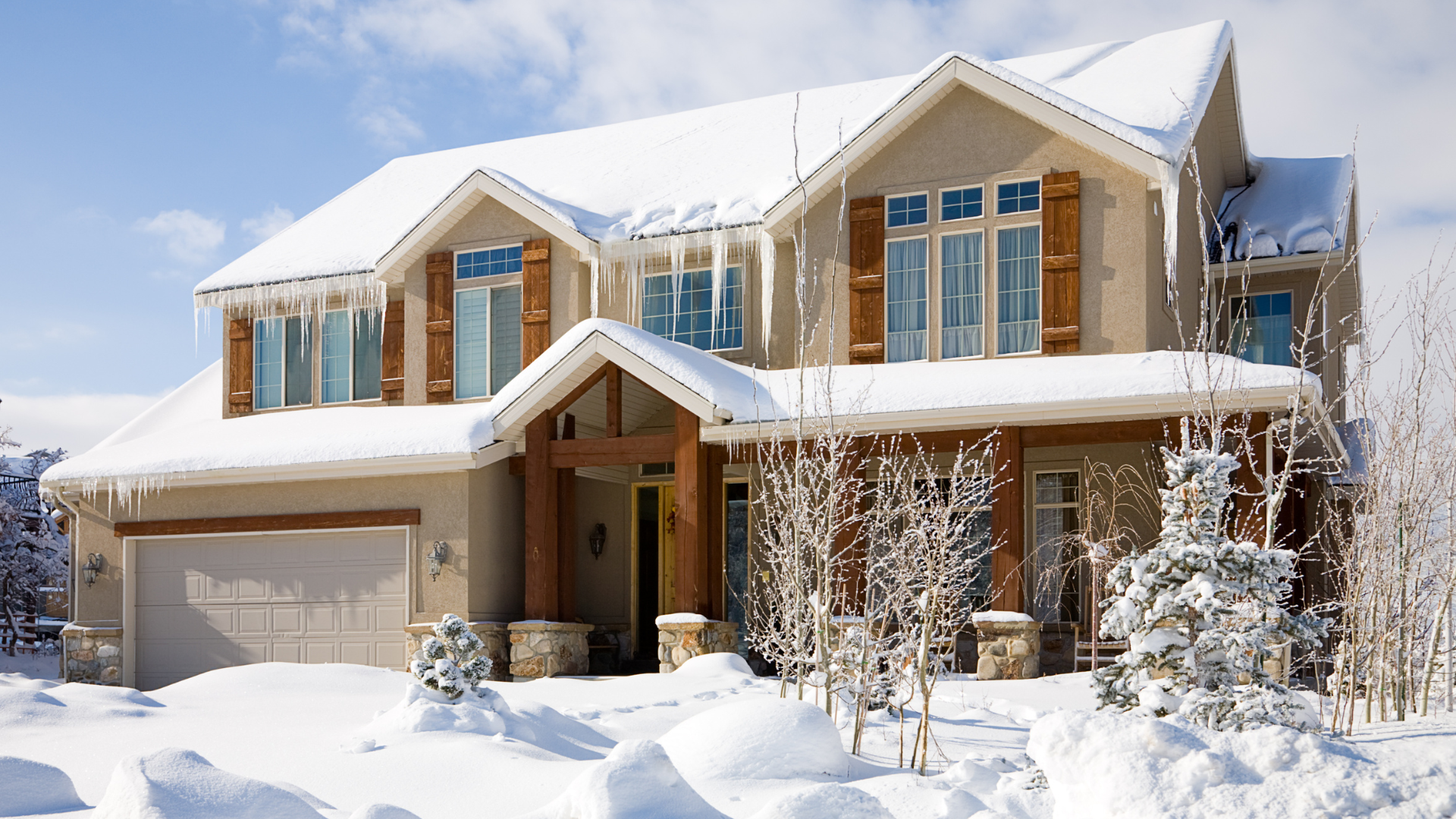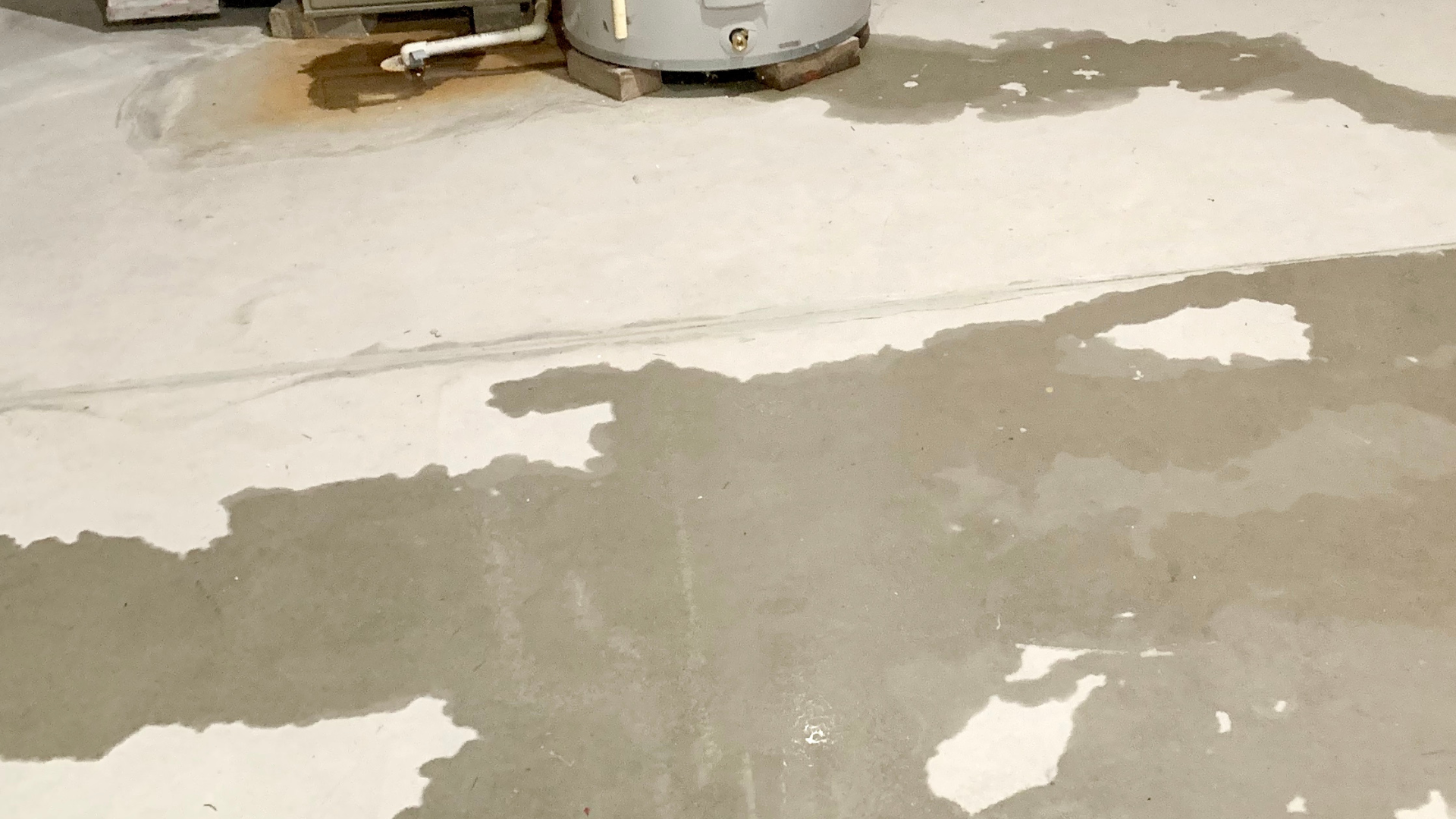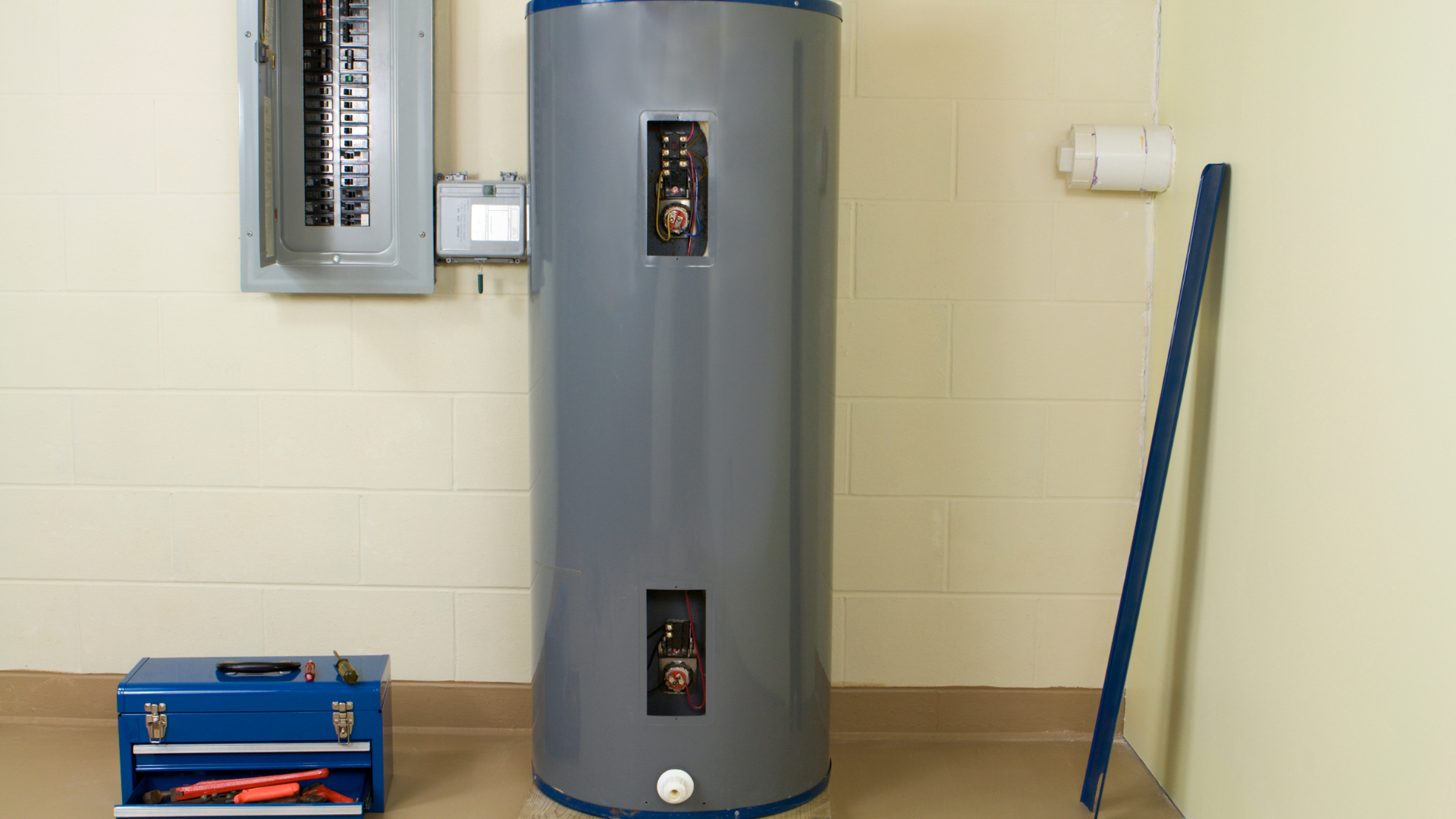West Virginia
Your West Virginia Home Project: Understanding Licensing, Sales Tax, and Verification

Planning a home improvement project in West Virginia involves navigating specific state-level requirements for contractors and understanding how sales tax applies. Unlike some states that delegate much of this to local jurisdictions, West Virginia has a more centralized approach. Knowing these rules can help ensure your project runs smoothly and legally.
Contractor Licensing in West Virginia: A Statewide Mandate
West Virginia takes contractor licensing seriously. The West Virginia Division of Labor, specifically the Contractor Licensing Board, is the primary authority for licensing most home service contractors.
A West Virginia Contractor License is generally required for any project with a total value (materials and labor) of $2,500 or more. This applies to both residential and commercial construction, alteration, repair, or improvement work.
Here's what to know:
- General Contractor & Specialty Classifications: The West Virginia Contractor Licensing Board issues licenses for various classifications, including:
- General Building Contractor (covers both residential and commercial)
- Residential Contractor (specifically for residential properties)
- Multifamily Building Contractor
- Specialty Contractors (e.g., roofing, remodeling, masonry, concrete, excavation, landscaping, painting, etc.)
- Trade-Specific Licenses: Beyond general contracting, some trades have specific licensing requirements:
- Electrical Contractors: Regulated by the West Virginia Office of the State Fire Marshal. Electricians must hold appropriate licenses (e.g., Master Electrician, Journeyman Electrician).
- Plumbing Contractors: Regulated by the West Virginia Division of Labor. Plumbers must hold specific certifications (e.g., Master Plumber, Journeyman Plumber, Plumber in Training).
- HVAC Technicians: Also regulated by the West Virginia Division of Labor, HVAC technicians require certification.
- Required Exams: Most contractor applicants (including general and specialty contractors) must pass two exams administered by ProV, Inc.:
- The West Virginia Business and Law exam
- A trade-specific exam relevant to their classification.
- Electrical, plumbing, and HVAC certifications also require specific trade exams.
- Other Key Requirements:
- Business Registration: Contractors must register their business with the West Virginia Secretary of State and obtain a Business Registration Tax Number from the WV State Tax Department.
- Insurance: Proof of general liability insurance is mandatory. If the contractor has employees, they must also provide proof of Workers' Compensation and Unemployment Compensation insurance.
- Wage Bond (for commercial projects): Contractors undertaking commercial projects valued at $100,000 or more with employees may need to secure a wage bond.
Always ask your prospective contractor about their specific licenses for the work they will be performing, their insurance coverage, and the necessary permits for your project.
Sales Tax on Home Service Projects in West Virginia
West Virginia has a state sales and use tax of 6%. Unlike many states, West Virginia is one of the few states that generally subjects the sale of most services to sales tax. This is a critical point for home service projects.
Here's how it broadly applies:
- Materials AND Services (Labor) are Generally Taxable: For most home improvement, repair, or maintenance services, both the materials used and the labor performed by the contractor are subject to the 6% sales tax.
- Capital Improvement Exemption: A significant exception exists for services that qualify as a "capital improvement."
- What is a Capital Improvement? A capital improvement is typically new construction, or a project that substantially increases the value or function of a property in a long-term and significant way (e.g., adding a new room, installing a new roof, replacing all windows).
- Tax Treatment for Capital Improvements: If a project qualifies as a capital improvement, the labor portion is non-taxable. In this scenario, the contractor is considered the consumer of the materials and pays sales tax on their material purchases to their suppliers, and then charges you a single, non-taxable amount for the entire capital improvement project.
- Repairs and Maintenance: If the service is classified as "repairs and maintenance" (e.g., fixing a leaky faucet, patching a wall, routine servicing), both the materials AND the labor are subject to sales tax, and the contractor is required to collect this from you.
It is crucial to have a clear understanding with your contractor regarding how your specific project is classified (capital improvement vs. repair/maintenance) and how sales tax will be applied. Your contractor should provide an itemized estimate that reflects this. If in doubt, consult the West Virginia State Tax Department's publications or a tax professional.
How to Verify Licensing in West Virginia
Verifying a contractor's license in West Virginia is essential for your protection and is relatively straightforward:
- West Virginia Division of Labor - Contractor Licensing Board:
- This is your primary resource for verifying licenses for general contractors and most specialty contractors.
- They typically have an online license search or can provide verification upon request.
- Contact Information:
- West Virginia Division of Labor - Contractor Licensing Board
- Phone: (304) 558-7890
- Look for a "Contractor License Search" or "License Lookup" tool on the WV Division of Labor website.
- West Virginia Office of the State Fire Marshal:
- For electrical contractors, you will need to check their licensing status with the State Fire Marshal's office.
- Public Lookup Portal: They generally have an online public lookup tool for electrical licenses.
- West Virginia Secretary of State - Business Entity Search:
- Always verify that the contractor's business is properly registered with the state. This confirms their legal existence as a business entity in West Virginia.
- Online Search: You can search the WV Secretary of State's business entity database by business name.
- Website: apps.wv.gov/sos/corps/ (or search "West Virginia Secretary of State business search")
- Proof of Insurance:
- While not directly a license, always request a Certificate of Insurance (COI) from your contractor's insurance provider. This should show proof of their general liability insurance and, if they have employees, workers' compensation insurance. Ensure the coverage is adequate for your project.
By following these verification steps, you can confidently choose a licensed and reputable contractor for your West Virginia home service project.
Sources and Resources:
- West Virginia Division of Labor - Contractor Licensing Board:
- Official Website: labor.wv.gov/licensing
- Search their site for contractor licensing overview, classifications, and contact information for license verification.
- West Virginia Office of the State Fire Marshal:
- Look for a "Public Lookup" or "License Search" tool for electrical licenses on their official website.
- West Virginia State Tax Department:
- Official Website: tax.wv.gov
- Search their publications for guidance on "Sales and Use Tax" and "Construction Contractors" (specifically Publication TSD-310: "Contractors: Real Property vs. Tangible Personal Property Services").
- West Virginia Secretary of State - Business Entity Search:
- Business Search: apps.wv.gov/sos/corps/
- PROV, Inc. (West Virginia Exam Administrator):
- Website: www.provexam.com
- Provides information on exams required for various licenses.
Click Another Article to Read More










